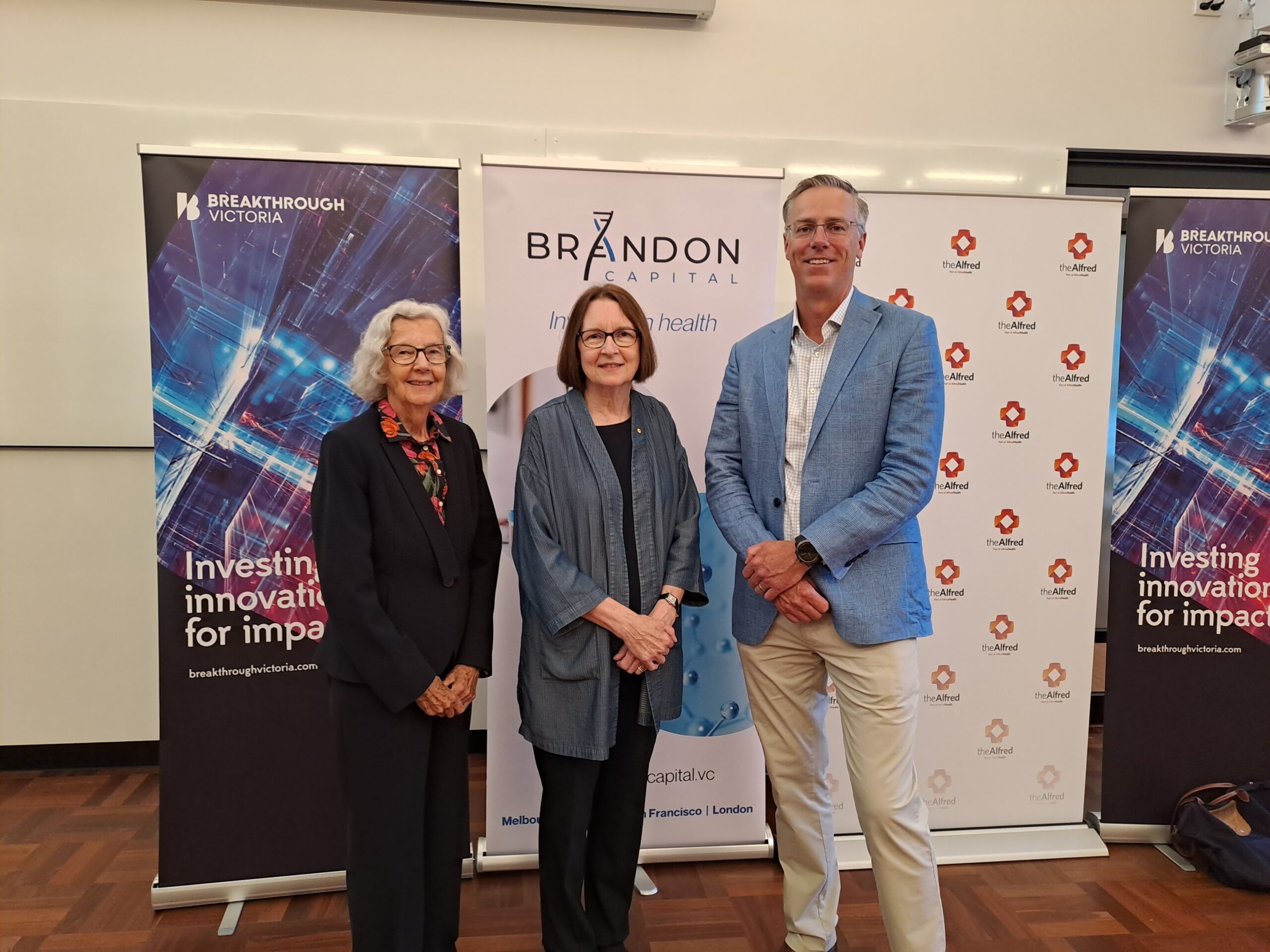Aravax closes Series B round with US$42m to accelerate Phase 2 development for peanut allergy therapy

January 23, 2024
Aravax, a clinical stage biotechnology company developing the first rationally designed and precisely targeted immunotherapeutic for peanut allergy (PVX108), today announces it has closed its Series B funding round with a total of US$42.2m. In December 2022, Aravax announced the opening of the Series B with US$20m from Brandon Capital and Tenmile. The syndicate has now been expanded with new investors Novartis Venture Fund, Breakthrough Victoria, Uniseed, UniSuper, and Agati Capital committing an additional US$22.2m to the round, as the company achieves its fundraising target.
Peanut allergy affects one-to-two per cent of the global population but is greatly underserved by available treatment options. Current therapies, which use natural extracts from peanuts, require indefinite daily dosing and onerous precautions to manage the risk of treatment-induced systemic reactions.
Aravax’s PVX108 is a novel, highly differentiated therapy developed using the company’s platform technology. Critically, it does not contain the peanut proteins which put patients at risk of serious side effects. Rather, it contains short peptides mimicking key regions from those proteins which can be used to retrain the immune system to tolerate peanuts but are too small to trigger allergic reactions.
Results from previous Phase 1 studies, which showed PVX108 produced clinically relevant changes to peanut-specific immune responses have recently been published in Allergy, the official journal of the European Academy of Allergy and Clinical Immunology (EAACI) [http://doi.org/10.1111/all.15966].
It is anticipated that PVX108 therapy will be safe and convenient to initiate, and require monthly, rather than daily dosing. Phase 2 studies are now underway to evaluate proposed therapeutic regimens in children with peanut allergy.
“We are grateful for this continued support from an expanded global syndicate of industry-leading investors, which is a testament to the revolutionary potential of PVX108. The increased capital injection will enable us to expand the Phase 2 study and accelerate the development of PVX108, reducing timelines to Phase 3 by up to 2 years,” explains Dr Pascal Hickey, CEO, Aravax.
“Aravax is working to bring life-changing benefits to children and their families. The precautions family take to protect peanut-allergic children from the risk of anaphylactic reactions can be highly burdensome, which is why we’re so pleased to be expanding the trial to include younger children,” Dr Hickey continues.
Aravax has completed enrolment of the first cohort of patients aged 12-17. The Phase 2 trial is now seeking to recruit younger children aged 4-11 (n=66) across several clinics in the United States and Australia, details of which can be found on Aravax’s website.

